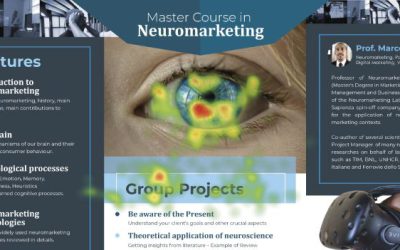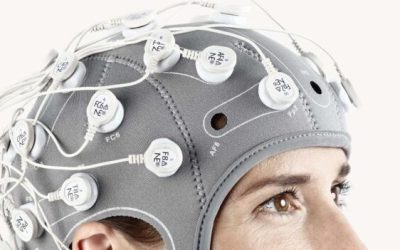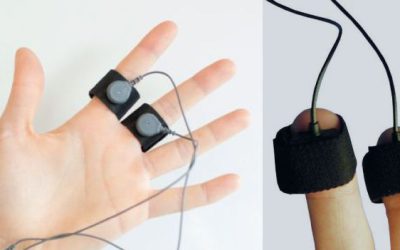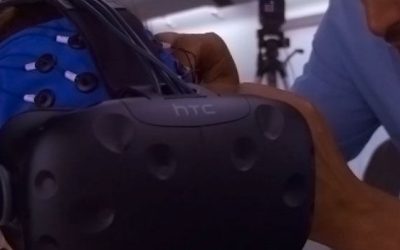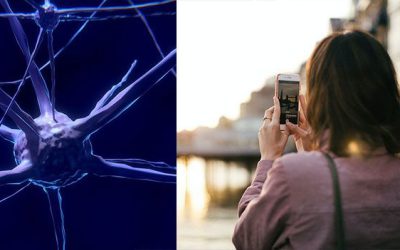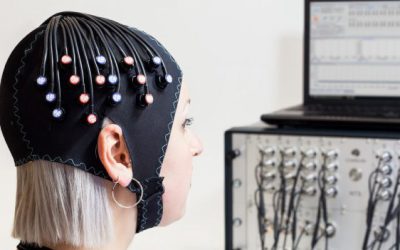Recently, OpenBCI announced the development of Galea, a new platform that provides the integration of several technologies for measuring neurophysiological activity in Mixed Reality and Virtual Reality.
Who is OpenBCI?
OpenBCI is a Brooklyn-based neurotechnology company founded in 2014 that has a mission to develop open source hardware and software for recording the neurophysiological activity of individuals.
These hardware and software have had great success on the international market, not only for their open source feature, but also thanks to the very affordable costs.
For these reasons, OpenBCI products are now used in many research laboratories and in about 89 countries around the world.
Galea and the future of Neuromarketing: EEG, EOG, EMG, EDA and PPG in Virtual Reality and Mixed Reality
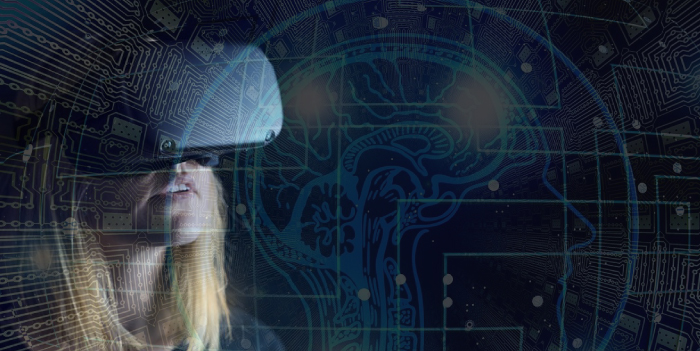
Galea’s brain-computer interface (BCI) will allow you to monitor in real time and record several neurophysiological signals in Virtual Reality and Mixed Reality:
- Electroencephalography (EEG)
- Electrooculography (EOG)
- Electromyography (EMG)
- Electrodermal activity (EDA)
- Photoplethysmography (PPG)
Neuroscientific research over the past 20 years has widely demonstrated how through these signals it is possible to obtain key information about people’s emotions and mental states.
The study of such psychological processes in Virtual Reality and Mixed Reality represents a unique opportunity for the researcher as it guarantees a high level of control of the variables to be manipulated and highly ecological experimental contexts. Furthermore, it is possible to study the brain responses associated with environments that would not be possible to reproduce in real contexts due to the high development costs required, such as the interior fittings of a new aircraft.
In an interview, Conor Russomanno, CEO di OpenBCI stated:
“Galea is the realization of six years of research and development. We are providing the world with a playground for experimentation and development using multi-modal biometric data in tandem with next generation wearable displays.”.
Concerning the OpenBCI mission, Conor Russomanno added:
“I founded OpenBCI to democratize access to the brain and I’m thrilled that our technology has powered innovative projects by academics, startups, and some of the most recognizable companies in the world“.
These innovations will also revolutionize the approach that Neuromarketing experts have used up to now, based on the integration of different hardware, without however having an integrated solution.
The detection of neurometrics in mixed reality and virtual reality has always generated great curiosity and interest in companies that use Neuromarketing services and this innovation could represent a milestone in the history of Consumer Neuroscience and Neuromarketing.





